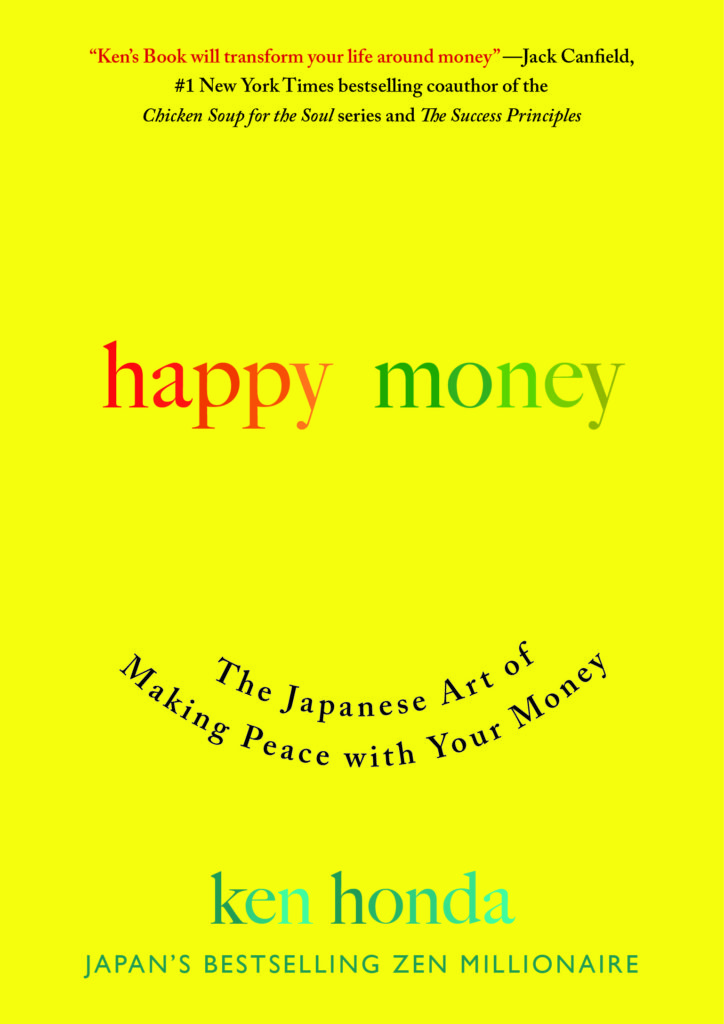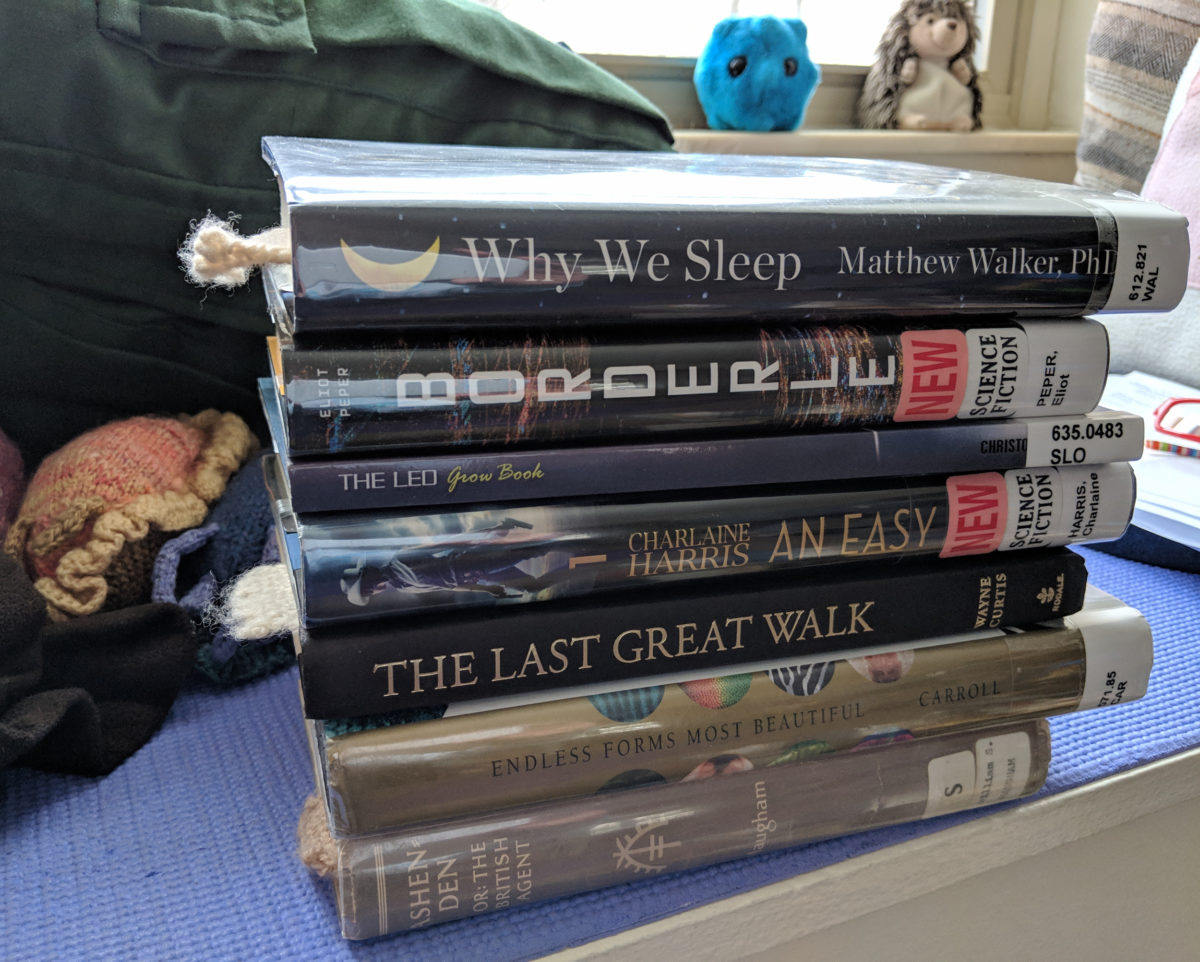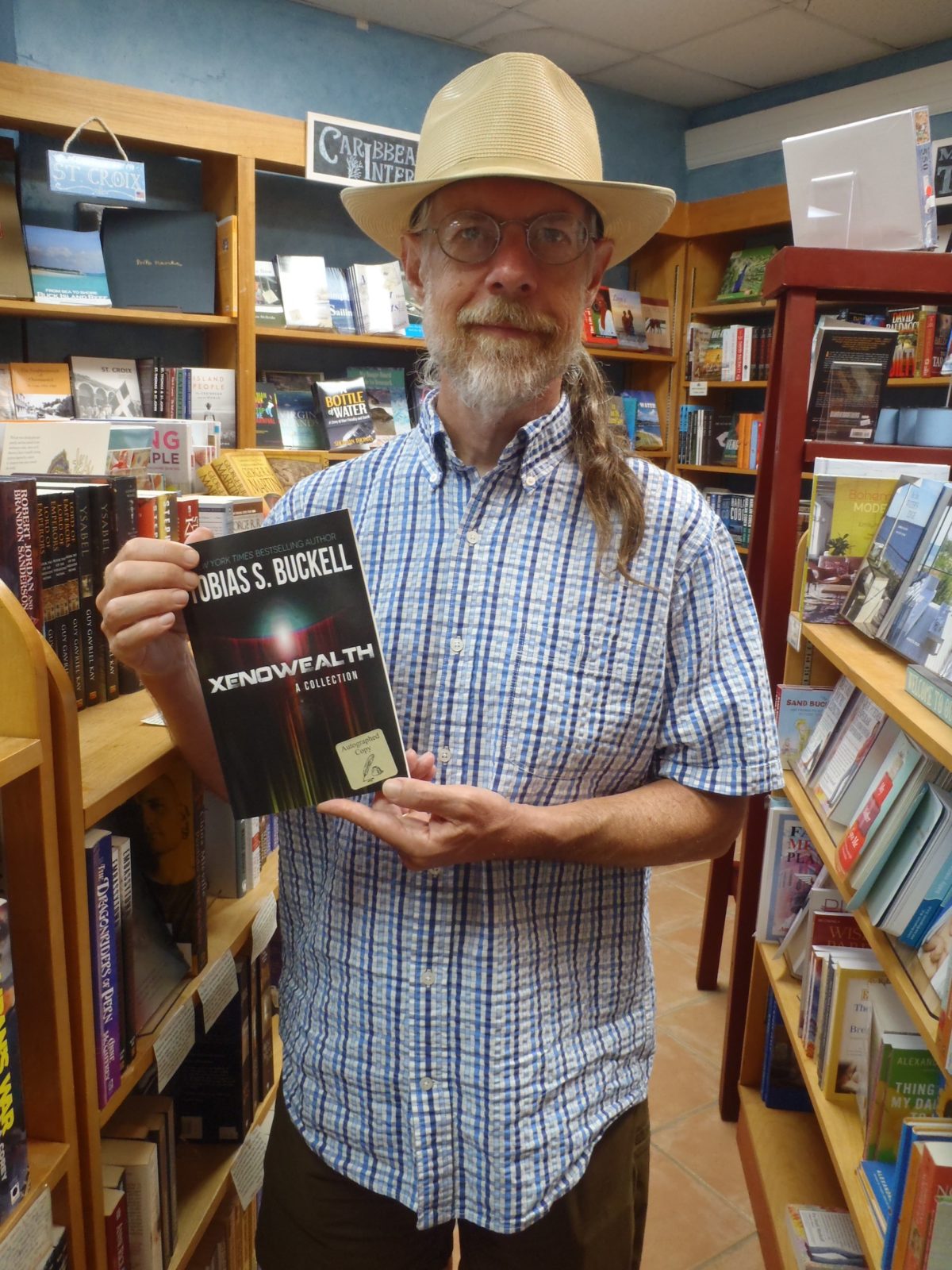Deep Work: Rules for Focused Success in a Distracted World by Cal Newport.
At some level, I’ve always understood deep work—the sort of work where you sit down and focus on your task for 20 or 60 or 90 minutes, long enough finish a difficult task, or make real headway on a big project.
Even when I was quite young I’d use it to get large amounts done on some big project I’d made for myself. Deep work let me create codes and ciphers for securely communicating with Richard Molenaar. It let me create maps of the wooded areas in our neighborhood where we’d play, and then assign fantasy or science-fictional elements to them. Once it let me write quite a bit of scripture for an imaginary religion. Deep work let me create maps and keys for D&D adventures I was going to be DM-ing.
I’ve never quit using deep work on my own projects. At Clarion writing a short story every week entailed a great deal of deep work. Writing an article for Wise Bread was best accomplished with an hour or so of deep work.
For other people’s work—in school, in college, and as an employee—I more often used it to enable procrastination: On any small or medium-sized project I knew I could sit down a couple of days before a task was due and crank through the whole thing in one or a few long sessions of focused work.
Given that it was such a useful capability, I’ve long thought it was kind of odd that I never really honed my capability for deep work. But through the lens of this book, I think I’m coming to understand it now.
I used to think it was because I was lazy. It was only when I quit working a regular job and started writing for Wise Bread that I came to understand that I was never particularly lazy. Rather, I just didn’t want to do stuff I didn’t want to do. Lacking that understanding I did a poor job of arranging my (work) life so that there was a lot of work I wanted to do and only a little that I didn’t want to do. Once I had work that I wanted to do, I jumped right into using deep work to get it done.
Although I take my full share of the blame for not doing a better job of maximizing the work that I wanted to do, my various former employers also deserve plenty of blame. They routinely deprived me and (most of) my coworkers the opportunity to engage in deep work.
First, they tended not to assign people a single top-priority task, but rather a set of tasks of shifting priority. (I don’t think they did it in order to be able to blame the worker when they focused on the tasks that turned out in retrospect not to be the right tasks, although that was a common result. Rather, they were just abdicating their responsibility to do their jobs as managers.)
Second, they were (especially during the last few years I was working a regular job) constantly interrupting people to ask for status updates. (One randomly timed query along the lines of “Are you going to have that bug fixed by Thursday?” which from the manager’s point of view only interrupted me for 20 seconds could easily undo 60 or even 90 minutes of stack backtrace analysis.)
At some level it was clear that the managers understood this, because there were always a few privileged engineers whose time for deep work was protected. The rest of us resorted to generating our own time for deep work by coming in early or staying late or finding a place to hide or working off-site—all strategies that worked, but not as well as just being able to close the door of our office and focus.
It wasn’t all bad management though. There were times when there was no external obstacle to doing deep work, and yet I’d not be highly productive. It’s only in retrospect that I’ve come to understand what was going on here: When I suffer from seasonal depression I find it very hard to do deep work. As a coping mechanism—as a way to keep my job when I couldn’t do the deep work they’d hired me to do—I started seeking out shallow work that I could manage to be productive on.
It’s from that perspective that I found Deep Work even more interesting than the book that lead me to Cal Newport’s work, his more recent Digital Minimalism (that I talked about briefly in my recent post on social media).
The first part of the book is about what deep work is and makes the case that it’s valuable—things that, as I said, I understood. The rest of the book is largely devoted to teaching you how to arrange your life to maximize your opportunities for bringing deep work to bear on the work you want to get done. That part, in bits and pieces, helped me understand myself in a way that I really hadn’t before.
Deep work is the way to get a big or difficult task done, but everybody has some small or easy tasks that also need to get done, so there is plenty of opportunity to make effective use of shallow work as well. Newport lays out the distinction well and provides some clear guidelines as to when and how to use shallow work to do those things where it makes sense, and in a way that protects time for deep work. He also talks about the appeal of shallow work—it’s quick, it’s easy, it’s “productive” in the sense that a large number of micro-tasks can be quickly ticked off the list.
It’s been very good for me to be reminded of all these things, because it’s easy to fall out of the habit of using deep work to do big or difficult things. The sort of rapid-fire “productivity” of shallow work has its own seductive appeal, especially in the moment. It’s only after a week or a month of shallow work, when I look back and realize that I haven’t really gotten anything done, that I tend to remember the distinction—and then pointlessly feel bad that I haven’t made any progress on the big things I want to get done.
Deep Work by Cal Newport is a great book for anyone who wants to do big or difficult things. (Also for people who manage such workers, although I don’t expect they’ll want to hear the message.)



